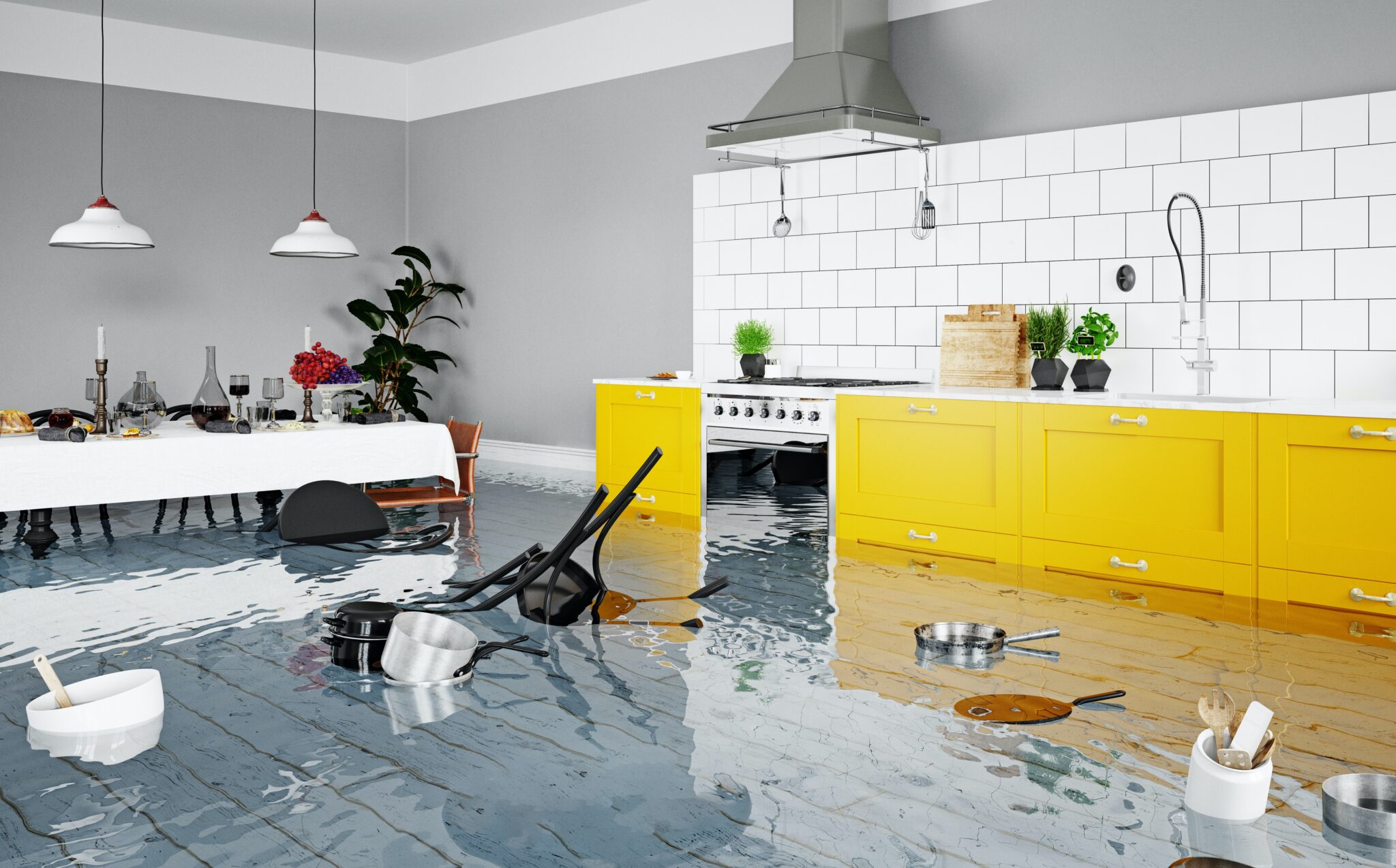When it comes to insurance coverage for water damage to condo buildings, there are several variables.
Master Insurance Policy Is Primary
The homeowners association’s master insurance policy is always primary in Washington State. Whether a water claim is filed under the homeowners association insurance policy depends on whether that policy is walls-in (covers permanently attached property within units) and whether damages exceed the master insurance policy deductible. Carrying a higher deductible can be helpful in protecting the association’s premiums and eligibility, since it makes it less likely a claim will need to be filed under the homeowners association insurance.
Liability Coverage vs Property Coverage
It is helpful to understand that most insurance policies have two coverage categories: liability and property. In general, property coverage pays for damage to your property, and liability coverage pays for damage to others’ property.
If There Is Negligence
For liability coverage to pay for damage to others’ property, there must be negligence or a breach of duty, which essentially means that the responsible party did not act as a prudent person would have in a similar situation. This could be as simple as failing to properly maintain systems or appliances. If an owner acknowledges negligence, their insurer is more likely to pay for damage to other units and common areas, but if they do not, negligence must be proven, which is not always easy. Some homeowners associations have language in their governing documents that make it easier for the HOA to hold an owner responsible for water damage, but that language does not guarantee that the responsible owner’s insurer will pay.
If There Is Not Negligence
Absent negligence, damages to units are typically covered by property coverage. Most condo association insurance policies are walls-in, in which case damages to the units are paid by the condo association insurance policy, however HOA insurance deductibles can be large, and owners would be responsible for paying for damages to their unit up to the master insurance policy deductible. If the condo association policy is not walls-in, then the owner is responsible for all damages to their unit. The cost of damages to common areas that is under the HOA insurance policy deductible is usually paid by the association.
Slow Leaks
It is important to note that although a slow leak (seepage) can be covered under liability coverage, when others’ property is damaged, it is usually not covered under property coverage, when the insured’s own property is damaged. That goes for both the unit HO6 policies and the homeowners association insurance policy. Property coverage generally only covers water leaks that are sudden and accidental, and that originate from inside the building, such as a pipe that bursts.
Looking for HOA Insurance in Greater Seattle? Contact Chris Elliott Insurance Agency!
Our Seattle insurance agency has insured over 200 condo associations, some of which have been with our agency for over 15 years. Chris is a longtime HOA board member and member of the Community Associations Institute, which puts us in a unique position to understand the intricacies of homeowners associations and their master insurance policy. We access insurers brokers cannot, and often offer superior premiums and coverage, to include guaranteed replacement cost and broad directors & officers coverage. Some of the services we provide include ensuring coverage meets CC&R requirements and is updated to keep up with increasing building costs (without overcovering), assessing losses to determine whether filing a claim under the condo association insurance warrants any potential surcharge, processing certificate requests within hours, working with underwriting to ensure all available discounts and credits are applied, and coordinating with property managers.


